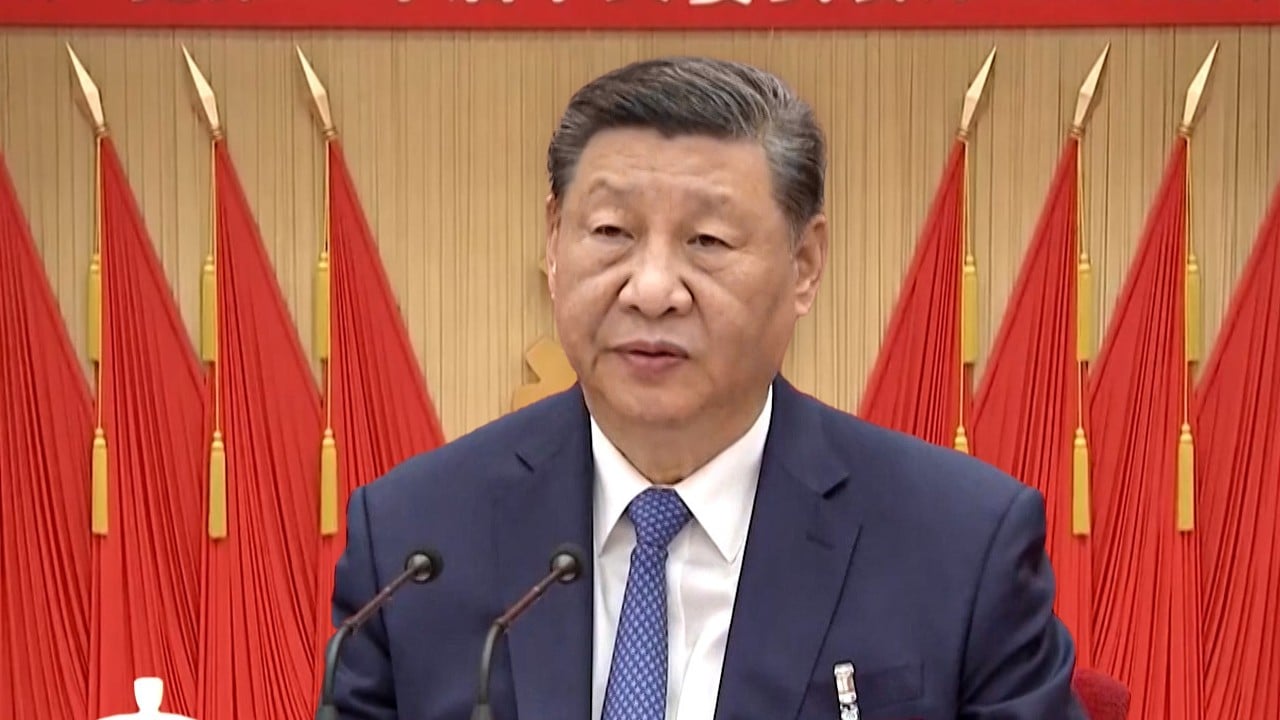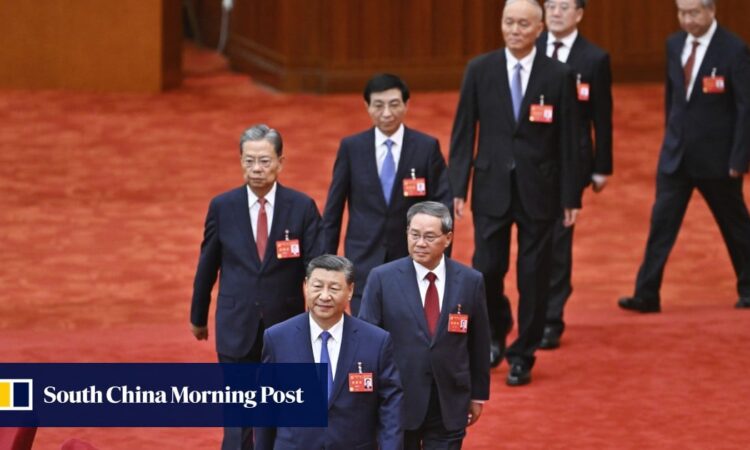
Analysts said the outcome was in line with expectations as it provided a continuation of existing policy tweaks, although nothing that hinted at China heading towards a different direction.
“China’s leadership has promised to continue comprehensively deepening reform in a wide range of areas. But there are few signs that the just-concluded third plenum marks a major change in the direction of policymaking,” said Julian Evans-Pritchard, head of China economics at Capital Economics.
“And there still appears to be a tension between policies aimed at boosting economic security and expanding the supply side of the economy, and those aimed at giving market forces a greater role and rebalancing growth toward consumption.”
The statement did acknowledge, in a rare departure from a tradition of focusing on long-term goals, that China must “unwaveringly strive to finish this year’s growth targets”.
“Though the third plenum primarily focuses on the medium and long-term direction, it reiterated the need to reach this year’s GDP growth target. With growth facing near-term challenges from softer domestic consumption momentum, more near-term policy support will be needed to push along growth,” said analysts at HSBC.
“For the longer-term path, domestic consumption, technology advancement and green development remain key strategic directions, while the plenum emphasised the role of the market mechanism in resource allocation and pledged to adhere to opening up.”
The communique asked party members to “faithfully follow the party leadership’s economic decisions, take active steps to stimulate domestic consumption, and build new momentum to drive exports and imports”.
It also vowed that China would continue to deepen reforms in all areas, including the economy, rural land, taxation, environmental protection, national security, fighting corruption, and cultural development.
The communique also called for the country to deepen supply-side reform, better integrate the digital economy into the real economy, upgrade modern infrastructure and build resilience in its industrial supply chain. It identified improving human capital and talent as the foundation to achieve these goals.
60-Second Catch-up
Deep dives
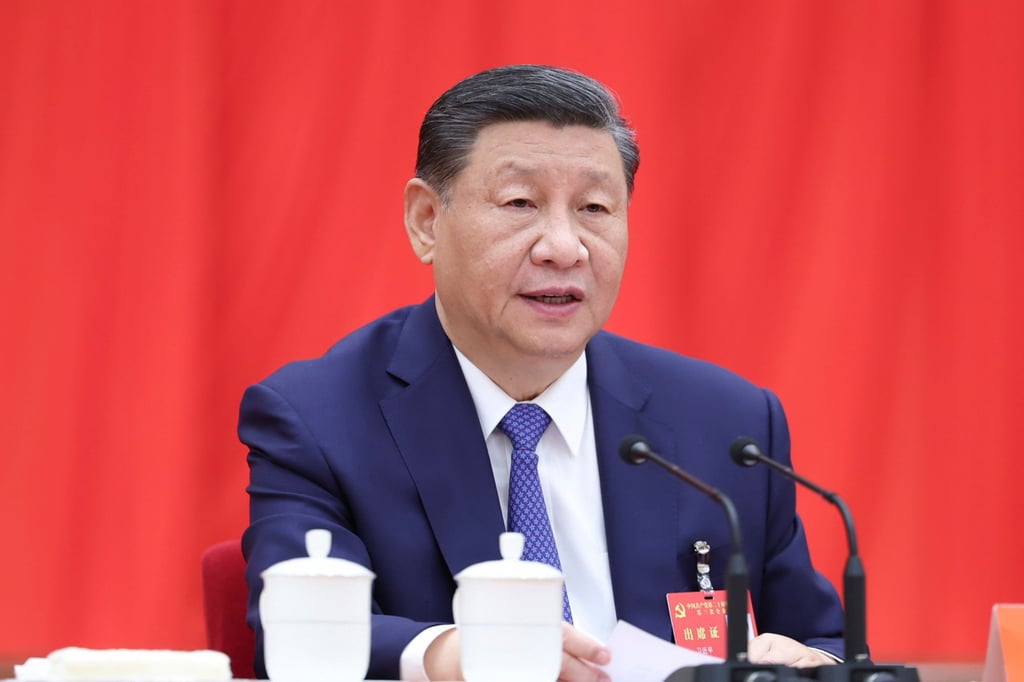
With little to go on after third plenum, China’s foreign firms left in limbo
Overseas enterprises in China will remain in a holding pattern before increasing their investments in the world’s second-largest economy, they said, waiting until a clearer picture emerges of what new reforms may be in store.
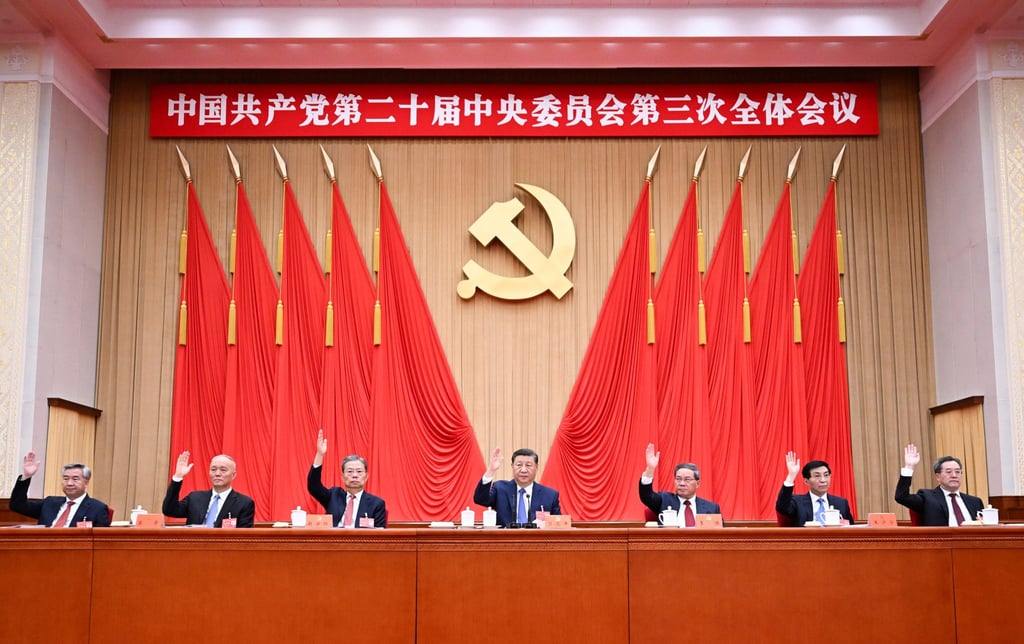
After long-awaited third plenum, has China given its market a demotion?
-
Where earlier plenums declared a ‘decisive role’ for the market, that wording has been removed in this year’s communique, suggesting diminished importance
The role of the market in China’s economy has seemingly been downgraded by the country’s political leadership, with high-level members of the Communist Party making a small but significant adjustment following a meeting expected to set the tone for economic policy over the next several years.

China sets 2029 deadline to create science and tech ‘quality workforce’
-
Communique after four-day Central Committee gathering says ‘education, science and technology, and talent’ underpin Chinese modernisation
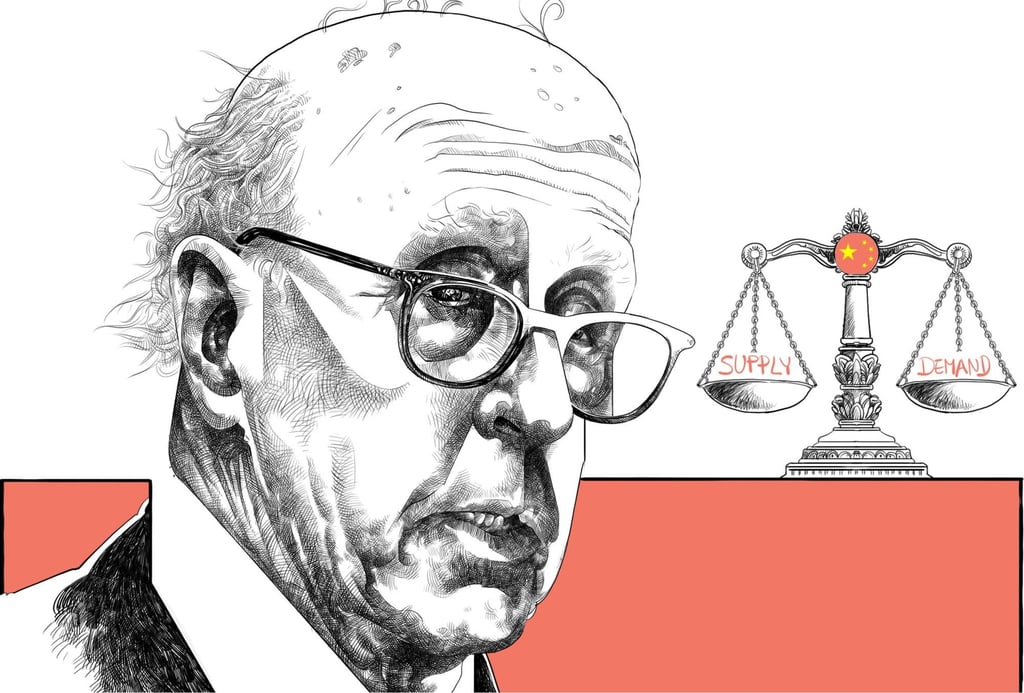
Stephen Roach on how Beijing can right its economy and the US’ China ‘blunder’
You have paid close attention to the third plenums in China and know their significance to China’s economic future. There have been years of calls for “structural reforms” as China aims to advance into high-quality growth. Looking back, what do you think have been the hits and misses in terms of economic reform?
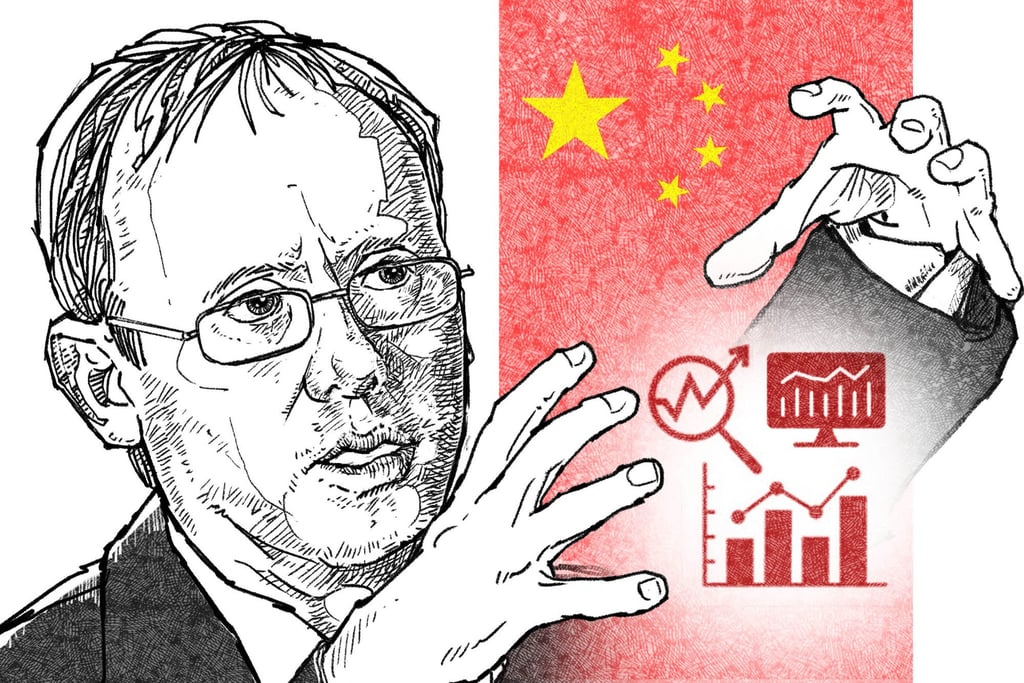
Arthur Kroeber: why China decoupling is unlikely, and talk of reform incomplete
-
Arthur Kroeber, founder of Gavekal Dragonomics, says China’s role in supply chains is unlikely to change and discussion of reform from abroad is often incomplete
You have suggested that Beijing should roll out economic reforms to achieve sustainable economic growth. What specific reforms? What is your assessment of the sweeping reforms unveiled at the 18th Central Committee’s third plenum in 2013? What should we expect from the coming session?
Global Impact is a weekly curated newsletter featuring a news topic originating in China with a significant macro impact for our newsreaders around the world.

